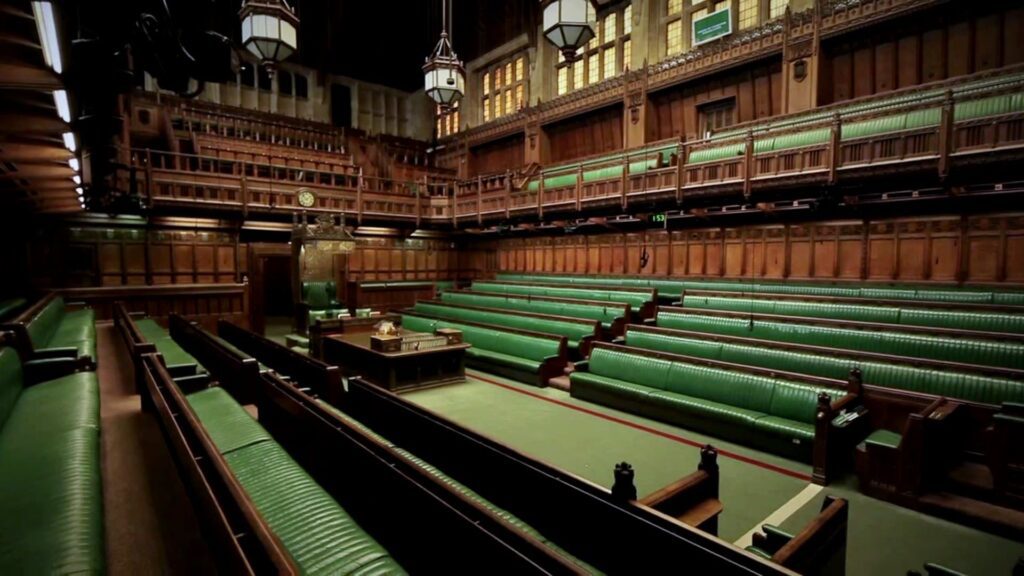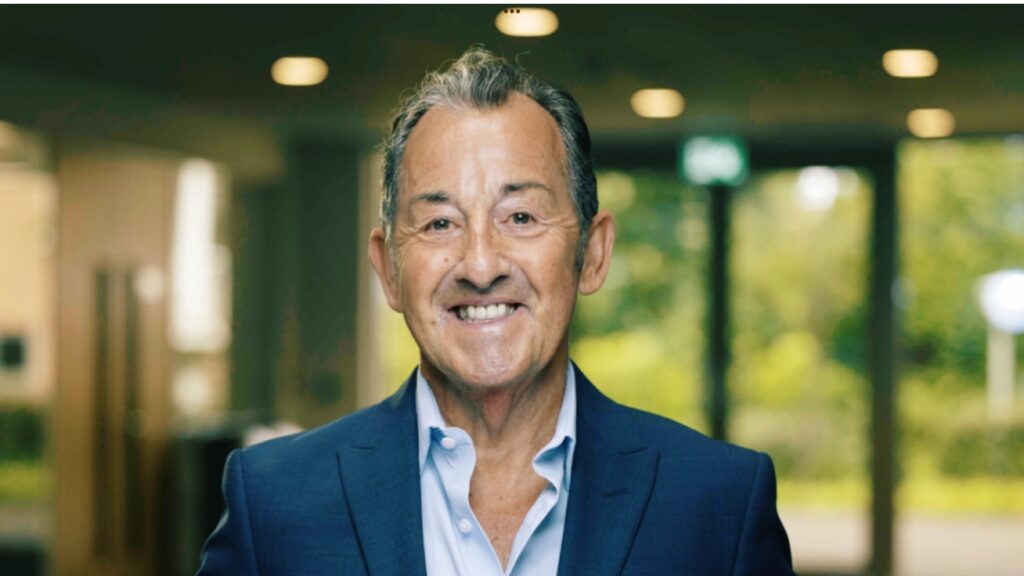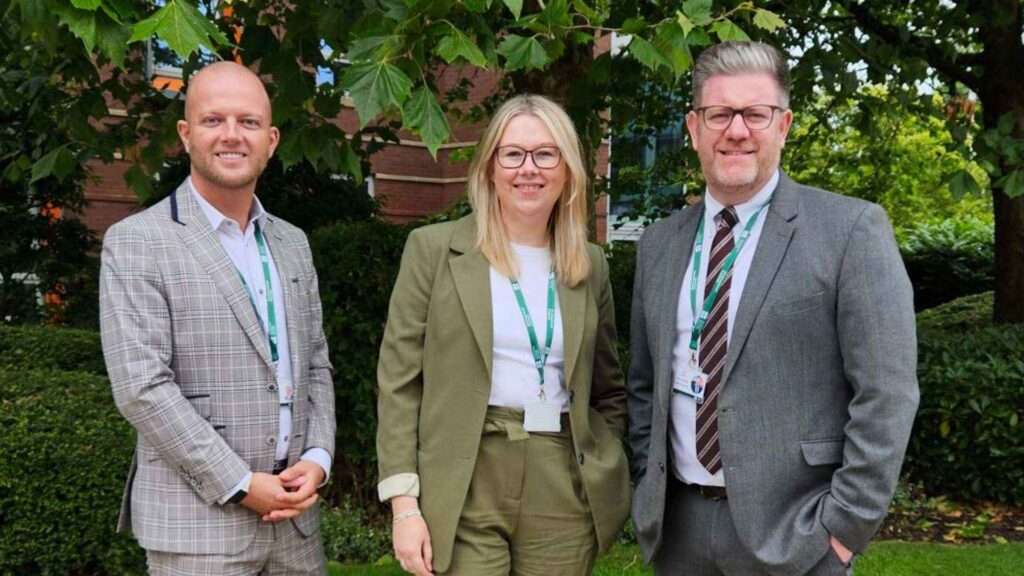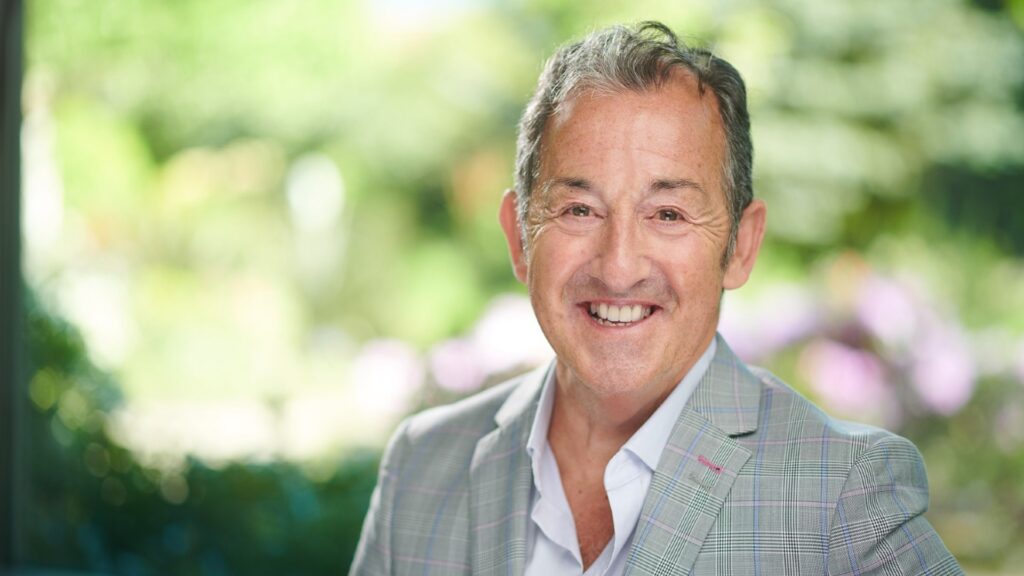Politics can be brutal. One minute you are in office, with all the trappings that includes. The next you are out. And for some you lose your job in a very public manner.
But politics is also fast. Despite the election being just a few days ago, the caravan has moved on and what matters is what’s next.
So, what will the next few weeks and months look like in UK politics?
Newly-elected MPs don’t get a break. The Commons is back in tomorrow (9 July) with the election of the Speaker, and with everyone being sworn in. Former Commons Speaker and Chorley MP Sir Lindsay Hoyle wants the job again, and by all accounts it will be his.
There are so many first-time MPs that the Commons staff will have plenty of new names and faces to get used to. The Speaker gets a book of photographs to help.
And the Commons will look very different. Firstly, Labour will be on the Government benches with the Conservatives on the other side. The SNP group has shrunk considerably to just nine seats. The Lib Dem group is more than 70. The Greens have four MPs now rather than a lone voice. There are five representatives of Reform UK. And there are independents, including former Leader of the Labour Party Jeremy Corbyn, to find their places.
This isn’t just about appearance. The Lib Dem boost in numbers means that Ed Davey is now the leader of the third biggest party. That means the right to speak at every Prime Minister’s Questions. It means more funding. It means more places on committees and more roles in leading them. In short, it means more profile at the expense of the SNP.
While Keir Starmer appoints members of his Government, Rishi Sunak needs to sort out a shadow cabinet and other frontbenchers. Many senior Conservatives lost last week, which means new spokespeople will be needed speedily. It could mean rapid promotion for some newcomers. It will be interesting for example to see if there is anything for former Police and Crime Commissioner Andrew Snowden, the newly-elected MP for Fylde.

This month sees at least two big House of Commons events – the King’s Speech and the first Prime Minister’s Questions with Starmer as PM. In the King’s Speech, the Government sets out its legislative priorities. It tells us the laws it wants to introduce, change or abolish. The ceremonial is usually followed by days of debates. This means an early test for the Conservatives in how they respond.
Prime Minister’s Questions is also a high stakes event for both the principals. How will Starmer cope with answering? How easy will it be for Sunak to be the questioner? What themes will questioners choose?
PMQs shortly after a decisive election result can be tricky. The Government hasn’t had time to do anything wrong (or anything much to be honest). The Conservatives know that it will take some time before they can get a hearing from the public but will still want to achieve something from the event.
The dramas in the Commons are just part of the story though. Catastrophic election defeats force parties to think again. Do they have the right policies? Do they have the right structure? How should they react to challenges from other parties? Do they have the right leaders? Re-thinking and re-structuring is common after a loss. We’ve seen it happen with Labour after 1983, the Conservatives after 1997, with the Canadian Conservative Party after 1993, in the US Democrats after the Presidential losses in the 1980s.
Now it’s the Conservatives’ turn again. Whether the leadership contest is speedy or postponed for months, there is going to be one. Rishi Sunak is going. And that contest will be grounded in what the party thinks about its future direction, future policies and future prospects. It will be a role with few obvious benefits and a job application process played out in public.
The General Election is over, but there is plenty of politics to come.
Find out more about studying Politics at Edge HillJuly 8, 2024



